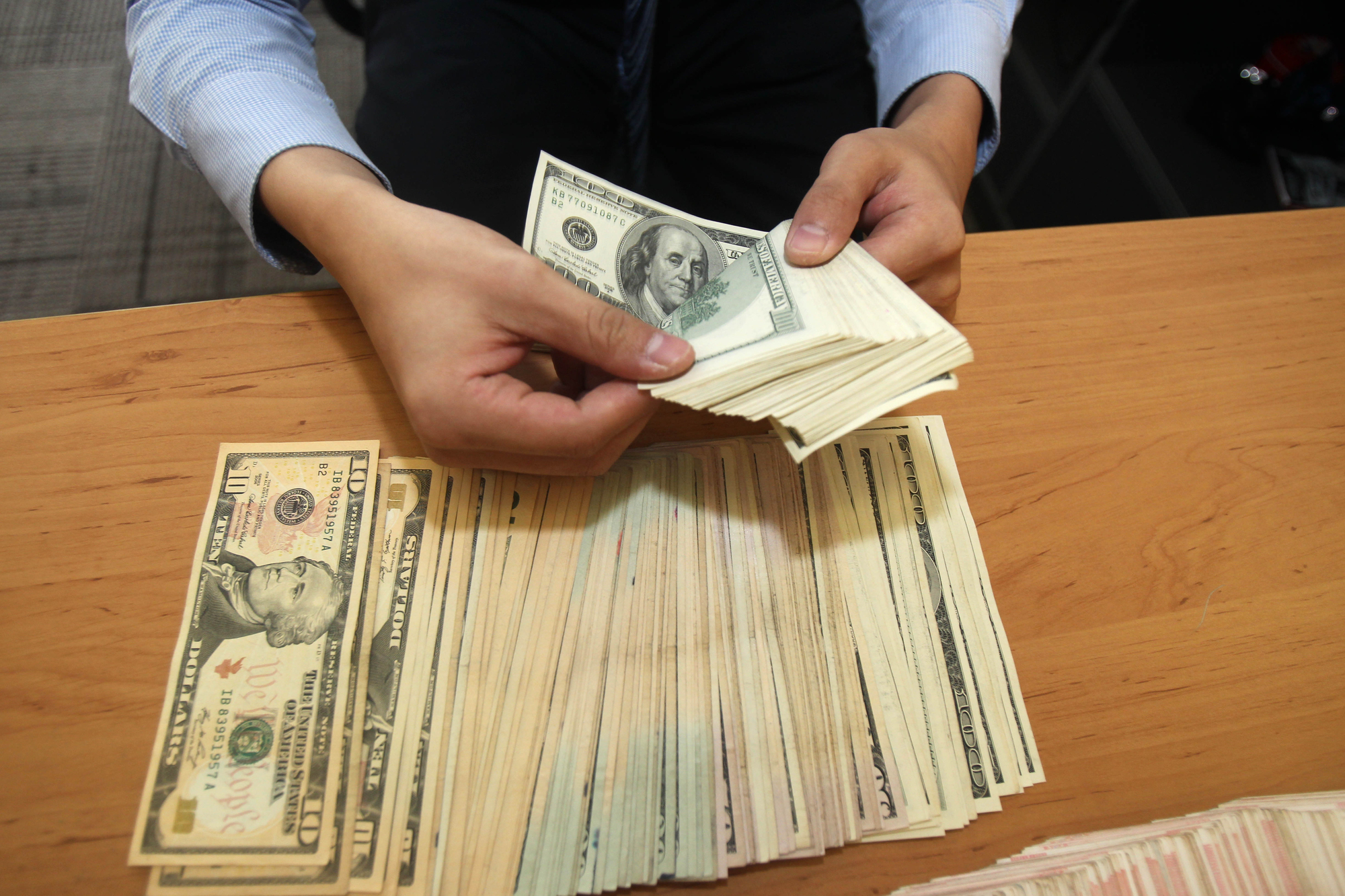A Singaporean recently took to social media to share a report featuring Nicolai Tangen, CEO of Norway’s sovereign wealth fund, who has voiced criticism against the high earnings of top executives. Mr Tangen has called out CEOs earning over US$20 million (around S$26.88 million) a year, describing it as “daylight robbery” and “enriching themselves on our behalf.”
Fortune reported in January 2023 that Mr Tangen’s fund, managing over US$1 trillion in assets, holds stakes in about 1-2% of every large publicly listed company worldwide, making it one of the world’s largest. His approach is not just about returns as he actively promotes environmental, social, and governance (ESG) principles. He pushes companies to set net-zero targets, curb excessive executive compensation, and diversify their boards while advocating for the separation of CEO and chairman roles.
In an interview with Peter Vanham, Editorial Director of Leadership at Fortune, Mr Tangen reiterated his strong stance against excessive executive pay. He said, “CEOs who earn more than, say, US$20 million a year, are enriching themselves on our behalf. It’s like daylight robbery.” Mr Tangen himself earns less than US$1 million annually as a public servant.
His fund votes at approximately 12,000 company general assemblies annually, often opposing proposed executive pay increases that it deems excessive, particularly in American firms.
Executive pay hikes are also a topic of interest in Singapore. This year, OCBC Group CEO Helen Wong received S$12.1 million for FY2023, an 8% increase from the previous year. United Overseas Bank (UOB) deputy chairman and CEO Wee Ee Cheong also saw his salary rise to S$15.9 million, marking a 12% increase. On the other hand, DBS CEO Piyush Gupta’s salary declined by 27%, with his total pay for FY2023 amounting to S$11.2 million, down from S$15.4 million the previous year. /TISG
Featured image by Depositphotos

